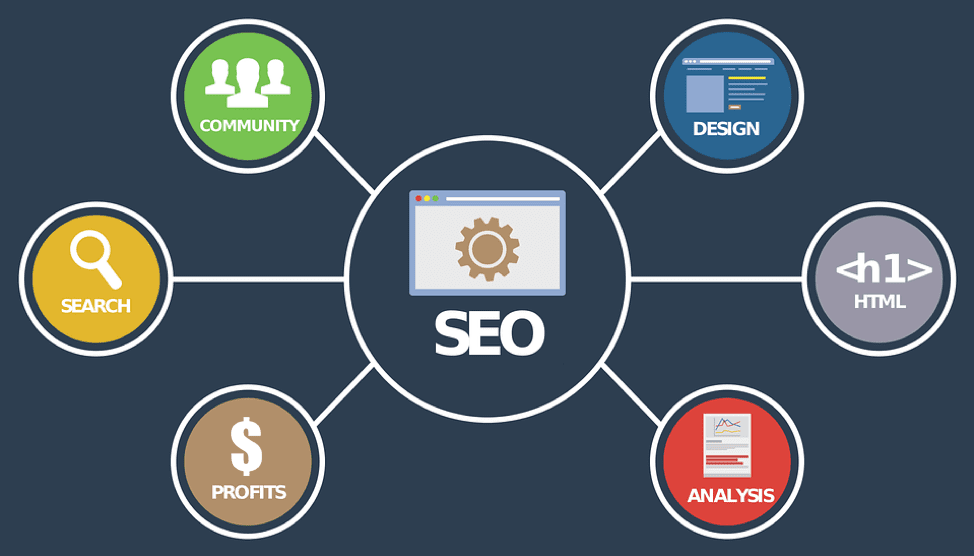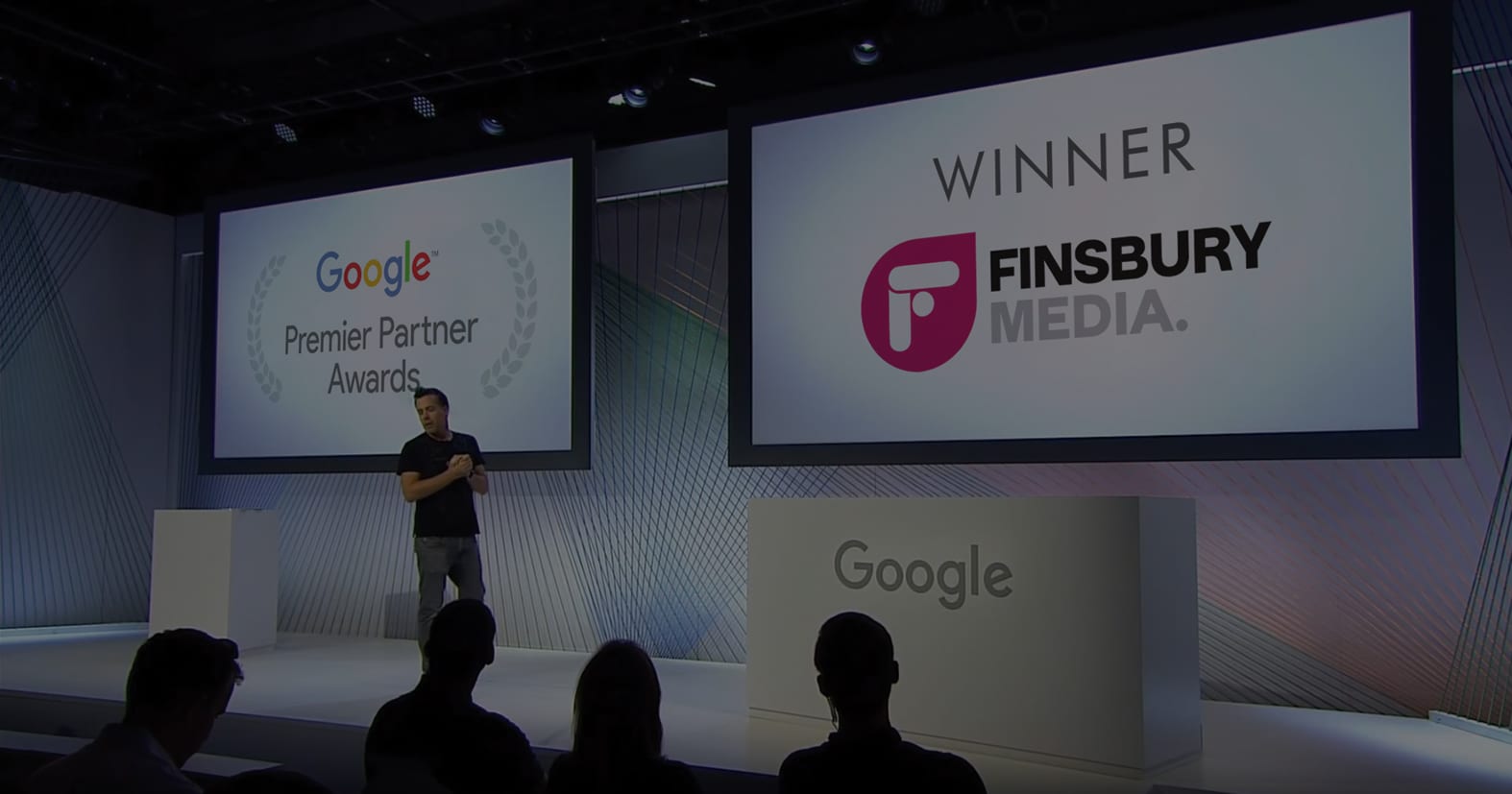Everyone Starts at the Same Place…Basic SEO Principles
To put it simply, search engine optimization (SEO) is a very complicated aspect of internet marketing. In the broadest sense, the process of developing an effective SEO approach for your website can be daunting. Creating SEO means, after all, committing the time and energy to perfect various online activities from content writing to advanced keyword analysis. But SEO is also a methodical operation. Therefore, learning the primary concepts of SEO principles will help you better develop strategies that can maximize the online potential of your business.
One of the most common issues among companies that aspire to build a meaningful online presence is simply, “Where do I start? “As you will find out, it depends entirely on how you lay the foundation to improve the SEO. The structure is composed primarily of a few SEO concepts that you will be talking about in this post. Read on to learn more about how you can get started changing the course of your SEO.

Use SEO Tools
SEO is defined by metadata, which can only be understood by different online resources. To start monitoring your SEO progress, use premium online SEO tools to turn these details into information that you can understand. The most common SEO tools you can use are:
- Google Search Console – This tool allows you to track your website’s performance from Google’s interactive console. Using this system, you can also diagnose specific SEO problems, conduct effective keyword analysis, and analyze your website’s UX factors
- Bing Webmaster Tools – Although Bing is not as popular as Google, the search engine is accountable for approximately 25% of search queries in the United States. This tool does allow users to track inbound links, analyze certain keywords, and more.
- Google Analytics – In order to use Google Analytics, make sure your website is appropriately linked to the Google Search Console. Once this is done, you will have access to a myriad of data from page views to your website’s bounce rate.
- Yoast SEO – WordPress is the most popular CMS on the web, and powers nearly 30% of the entire web. If you are using WordPress as your content management system, be sure to download the Yoast SEO plugin to keep tabs on the quality of your content, as well as efficiency of your metadata.
Keyword research is SEO ‘s principal building block. If all your resources have been set up, you’ll need to understand what keywords in your niche are lucrative. You can then create your content based on these keywords, and generate organic traffic across the site. To get you started, here are a couple of keywords you should learn about.
- Don’t Use Too Many – Google is very particular about keyword stuffing, or simply the practice of cramming excess keywords into your content. Always check your keyword density to be mindful of how often you should include keywords when you are writing content.
- Try Long-Tail Keywords – Long-tail keywords are basically longer phrases that individuals use to find specific information on a search engine. In order to boost optimize your website keenly on user intent, use online tools, such as the Keyword Tool, to brainstorm the most practical Long-tail keywords.
- Use LSI Keywords – Using different variations of keywords is exactly what Latent Semantic Indexing (LSI) is all about. When you are creating content, try not to lean on the same keywords, but create similar keywords to keep your content varied for a larger audience.
Optimize Your Website
Before Google can rank your website, it must first process the data on your site. The colloquial term for this information is called, “metadata”. Fortunately, you can edit the metadata on your website to show Google that your website is better than your competitors. Here is some metadata that you need to pay close attention to:
- Descriptions and Tags – Page titles, subtitles, meta descriptions, and even alt tags are fundamentally important website SEO factors. Make sure that all of your website pages and additional content (blog posts) contain this information in order for Google to properly index your website.
- External Links – To add value to your content, find authoritative links that give undisputed facts and information. Not only will Google look for external links in your content, but your readers will enjoy this addition, as well.
- Internal Links – In your content, keep your audience engaged by providing internal links. Essentially, these links make it easier for Google’s bots to navigate through your site. Therefore, it couldn’t hurt to create links to other pages and content on your website.
Finsbury Media Can Help:
Finsbury Media is a full service, solutions oriented, digital marketing agency based on your business growth! Contact Us today to explore our choices for web design, SEO, PPC – SEM, Reputation Management & Social Media Marketing.

